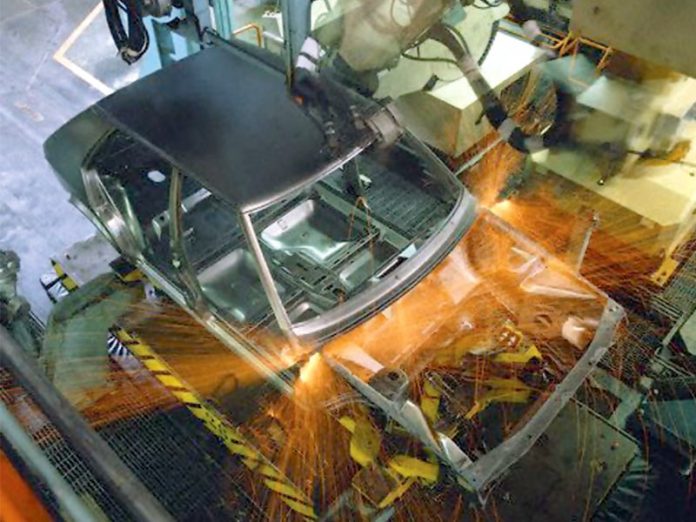Nigeria’s federal government has approved the implementation of the first ever Nigeria Investment Policy (NInP). The government has adopted a new National Automotive Industry Development Plan (NADIP) that would span 2023-2033.
This is according to the Minister of Industry, Trade and Investment, Mr. Adeniyi Adebayo, who said both policies have been approved at the recent meeting of the Federal Executive Council (FEC), which was presided by Vice President Yemi Osinbajo. The government maintained that the investment policy would give investors more comfort and attract more investment into the countries economy.
The minister explained that trade and industry moguls had over time, deliberated on structuring the investment sector and agreed that there was, “need to have an investment policy which would give confidence and allow people who want to better the country, through genuine investments, the confidence to bring their funds into the country, and invest.”
He said, “What has been operational over the years was just investment related regulations of Ministries, Departments and Agencies (MDAs) acting as a guide.” Adebayo, however, pointed out that the, “harmonised policy is the result of putting the concept together for the country to develop rapidly through industrialisation, and then snowball into a sustainable investment climate to attract the kind of investment we desire.”
The primary focus of the investment policy is on investment promotion, investment facilitation and sustainable development as well as promote responsible investor conduct for sustainable development by influencing investor behaviour in compliance with globally acceptable standards relating to the environment, human rights, health, labour, safety, corporate social responsibility (CSR) and anti- corruption.
Commenting on the new automotive policy, the minister, in a statement issued by the ministry’s Deputy Director Press and Public Relations, Mrs. Oluwakemi Ogunmakinwa, said it would help the country migrate seamlessly from combustible engines into electric solar-powered engines.
He said this was an improvement over the 2013 automotive industry development plan which had been in operation. The National Automotive Design and Development Council (NADDC) developed the new plan to aggressively build on the successes that have been achieved so far in the Nigerian Automotive industry.
The new NAIDP would strategically provide outstandingly competitive fiscal and non-fiscal incentives needed by automotive industry manufacturers/producers, investors, developers and all relevant stakeholders.
The policy was aimed at enabling the exponential increase in the local production numbers of vehicles, reaching 40 per cent local content, attaining 30 per cent locally produced electric vehicles, generating one million jobs, enforcing patronage of locally produced vehicles by government and companies working on government contracts as well as boosting research and development and technology transfer.
Adebayo, also hinted that the country would soon start running a national trade policy that would guide trade from 2023-2027. He explained that this was basically a review of the old trade policy, pointing out that the whole idea was to have a policy in place that would improve Nigeria’s trade within the World Trade Organisation (WTO).





